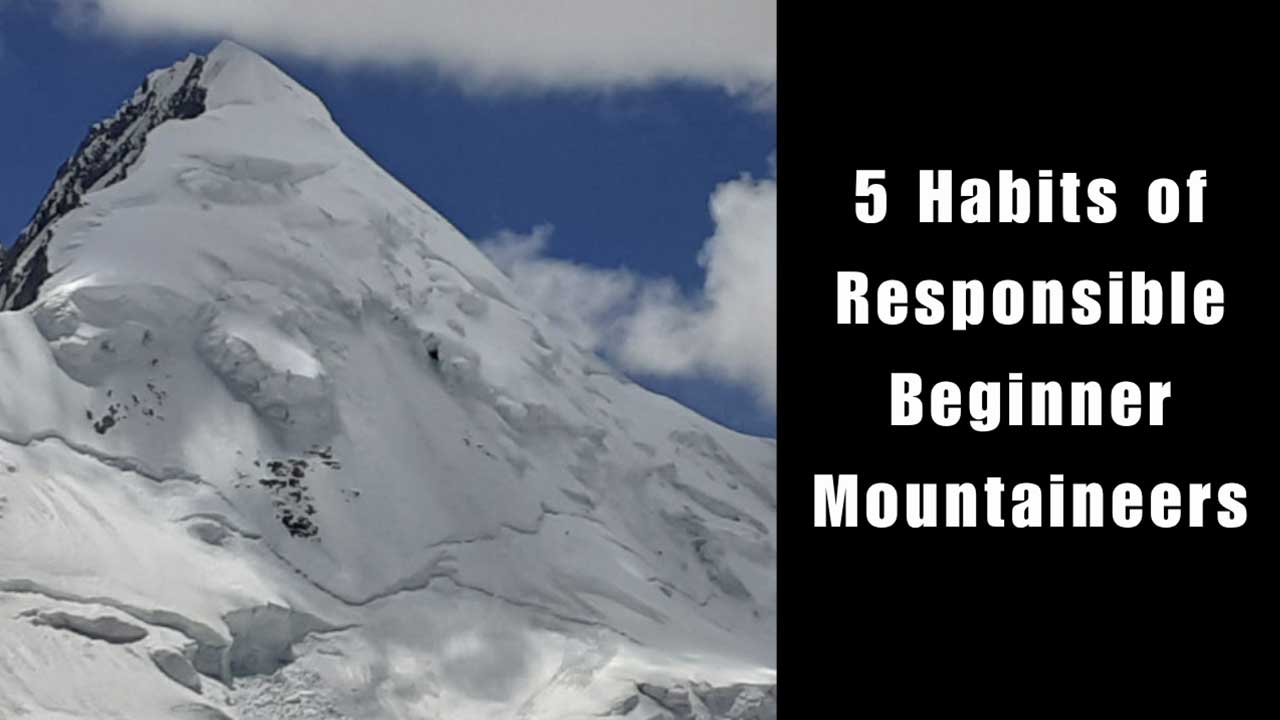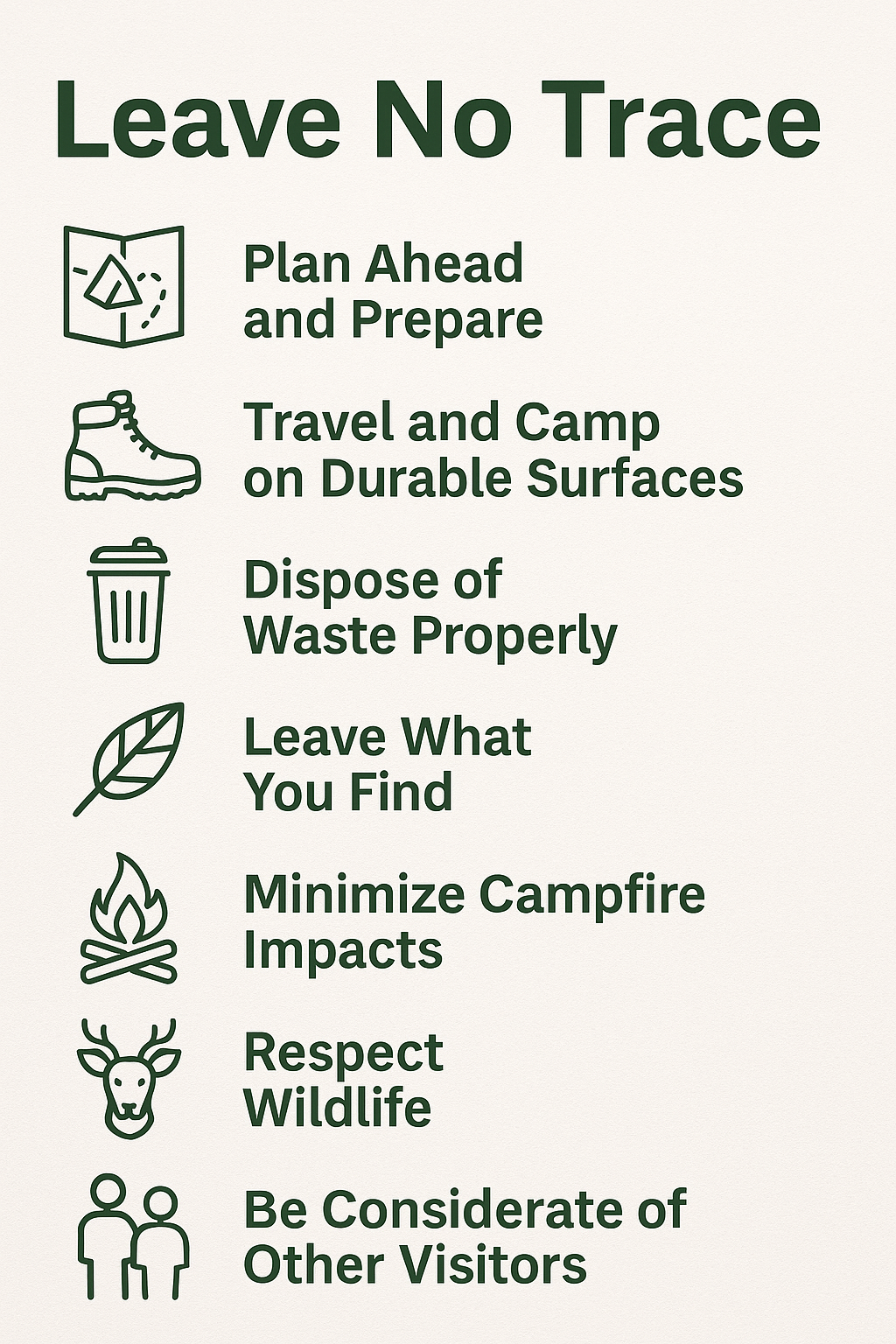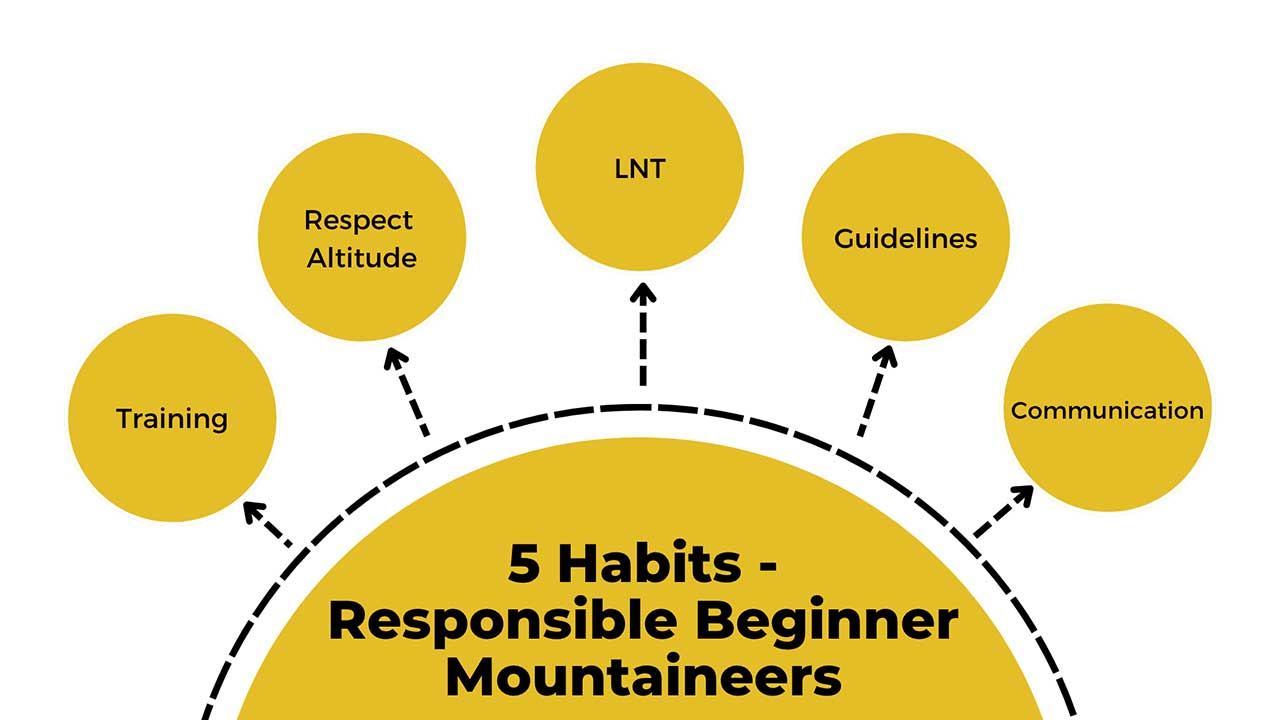5 Habits of Responsible Beginner Mountaineers
Athlete Health
Introduction
Mountaineering in the Himalayas is a dream for many—scaling rugged peaks, crossing glaciers, and witnessing panoramic alpine vistas. But even the most majestic adventures come with serious responsibility. If you’re new to the mountains, building the right habits early is critical not just for your safety, but also for the preservation of fragile mountain ecosystems and the well-being of fellow climbers.
At Ascent Descent Adventures, we’ve guided and trained thousands of first-time climbers in the Indian Himalayas. This blog highlights 5 foundational habits every beginner mountaineer must adopt to climb responsibly.
1. Train Before You Trek
One of the biggest mistakes beginners make is underestimating the physical and mental demands of mountaineering. Altitude, rough terrain, and unpredictable weather require more than just excitement—you need preparation.
Responsible Habit:
Enroll in a Mountaineering Course or outdoor skills workshop before your first expedition. Learn how to use crampons, ice axes, ropes, and emergency protocols.
Bonus Tip:
Start cardiovascular training (like hiking with a weighted backpack) at least 2–3 months before your trek.
2. Respect Altitude and Acclimatize Properly
Ignoring altitude symptoms is reckless—and can lead to Acute Mountain Sickness (AMS) or worse. Many beginner mountaineers push through headaches or fatigue, thinking it’s normal.
Responsible Habit:
Acclimatize gradually. Follow the golden rule: “Climb high, sleep low.” Include rest days in your itinerary and stay hydrated.
Red Flags:
- Persistent headaches
- Nausea
- Confusion
- Loss of coordination
If these occur, descend immediately.
3. Leave No Trace—Ever
The mountains are pristine, but increasingly under threat from human waste, plastic pollution, and reckless tourism.

Responsible Habit:
Follow Leave No Trace principles:
- Pack out everything you pack in
- Avoid single-use plastic
- Use reusable containers and biodegradable toiletries
- Never leave toilet paper or food wrappers on trails
Carry a small trash bag in your backpack—it weighs nothing but makes a huge difference.
4. Stay Informed and Follow Local Guidelines
Each mountain route, whether the Beas Kund, Pin Parvati Pass, or any other, has its own weather patterns, cultural sensitivities, and technical risks.
Responsible Habit:
- Study the route
- Understand seasonal variations
- Listen to your guide or local authorities
- Carry permits where required
Pro Tip:
Always have a backup plan—mountains are unpredictable, and responsible climbers are flexible.
5. Practice Team Safety and Communication
Mountaineering is not a solo sport—even if you’re trekking independently. Your actions affect everyone in the group.
Responsible Habit:
- Check on your teammates
- Keep communication clear
- Never leave someone behind
- Know basic first aid
If someone shows signs of fatigue, dehydration, or fear, offer support—not judgment. Mountain karma is real: what you give out, comes back in the most crucial moments.

Conclusion
The mountains reward those who respect them. As a beginner mountaineer, it’s not just about reaching summits—it’s about becoming a responsible, skilled, and aware adventurer.
Building these 5 habits early in your mountaineering journey ensures:
- Safer expeditions
- Positive group dynamics
- Minimal environmental impact
- Lifelong respect for nature
Ready to Begin Your Climb?
At Ascent Descent Adventures, we don’t just take you to the mountains—we train you to thrive in them. Join our community of responsible mountaineers and make your first trek the beginning of a life-changing journey.
Explore Our Mountaineering Courses
Discover Trekking Opportunities
Recommended Read for Mindset & Practical Tips:
- 5 Mental Shifts to Help You Succeed in Mountaineering
- 5 Lessons You’ll Learn from Your First Failed Attempt
- 5 Ways to Stay Calm During a Mountain Emergency
- 5 Things Your Instructor Won’t Tell You (But You Should Know)